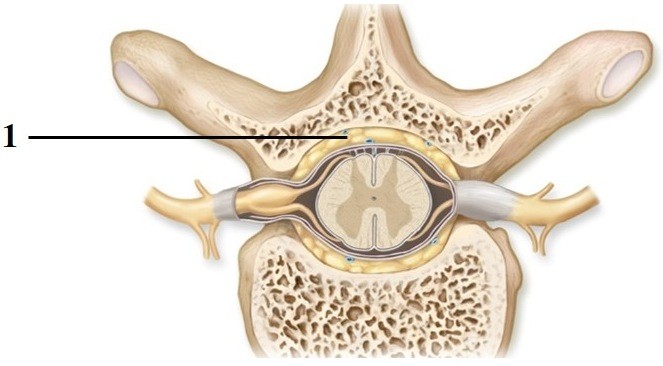Matching
A) Glomerular capillaries
B) Vasa recta
C) Afferent arterioles
D) Peritubular capillaries
E) Efferent arterioles
21) Low pressure, porous vessels that reabsorb solutes and water from the tubule cells.
22) High pressure vessel that forces fluid and solutes into the glomerular capsule.
23) May form meandering vessels or bundles of long straight vessels.
24) Play a role in urine concentration.
25) Fenestrated vessels that allow passage of all plasma elements but not blood cells.
21) D 22) C 23) E 24) B 25) A
You might also like to view...
The two hormones released from the posterior pituitary are
A. oxytocin and antidiuretic hormone. B. thyrotropin-releasing hormone and corticotropin-releasing hormone. C. prolactin and growth hormone. D. prolactin and vasopressin. E. follicle-stimulating hormone and leutenizing hormone.
Sully has lost his way while hiking. The temperature has dropped and he is beginning to feel a bit anxious. Which of the following hormone levels do you expect to increase under these conditions?
A. TSH B. Thyroid hormones C. TRH D. All of the choices are correct.
Regulation of extracellular K+ is not critical to body function because only about 2% of the total-body K+ is in the extracellular fluid.
Answer the following statement true (T) or false (F)
This figure shows a cross section of a vertebra and the spinal cord. What structure does number 1 indicate?
A. Epidural space B. Subarachnoid space C. Dura mater D. Pia mater E. Central canal